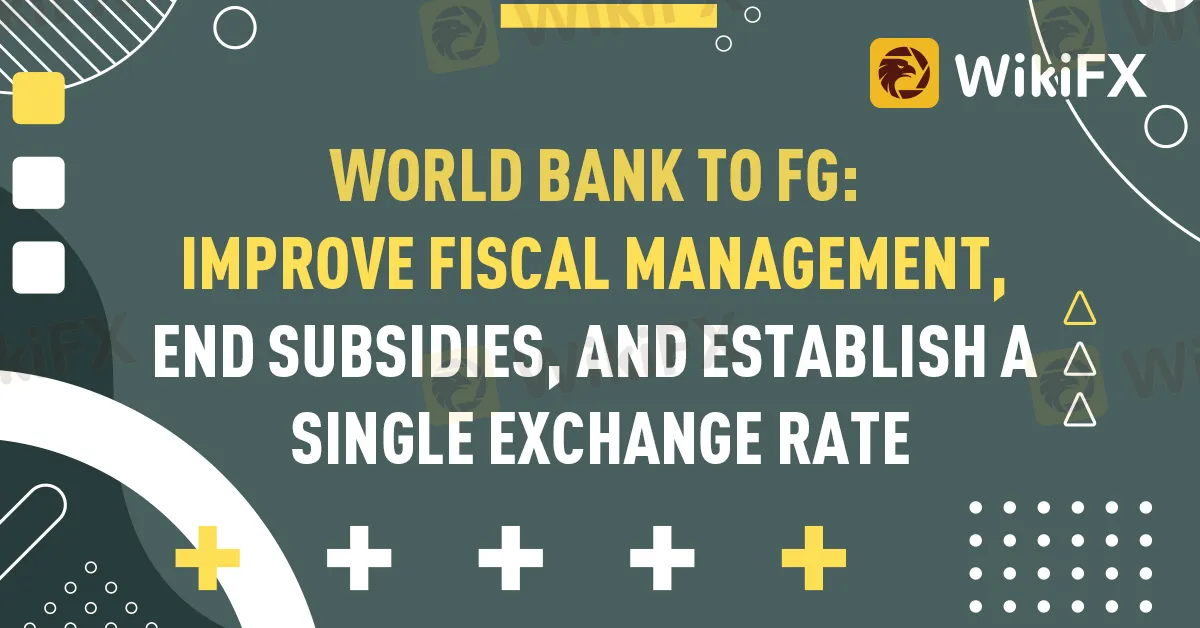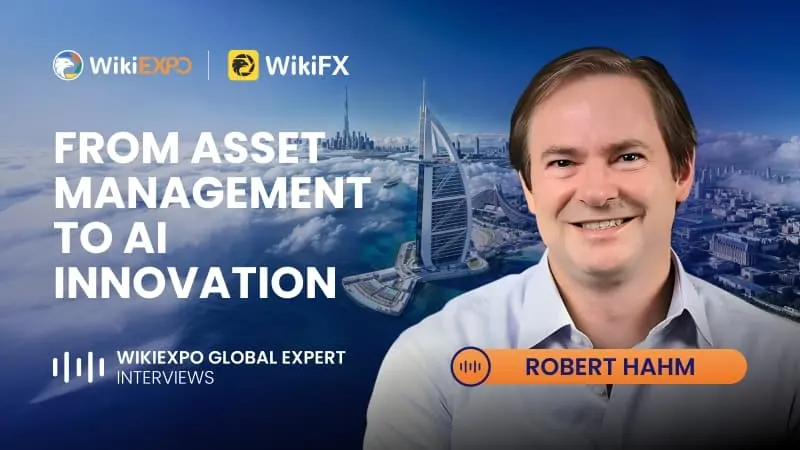Abstract:The World Bank has cautioned that if immediate action is not done to assure better and long-lasting results, Nigeria's fragility may increase.

The World Bank has cautioned that if immediate action is not done to assure better and long-lasting results, Nigeria's fragility may increase.
The urgent need for the federal government to establish a single, stable market-based exchange rate, phase out its expensive, regressive fuel subsidy, and rationalize preferential trade restrictions and tax exemptions was also emphasized.
“Macroeconomic and fiscal reforms are urgently needed to lift Nigeria's development outcomes, which are severely constrained by inefficient use of resources,” the global bank stated in its report, “Nigeria Public Finance Review: Fiscal Adjustment for Better and Sustained Results,” which was released in Abuja yesterday.
The research claims that substantial funds were used for subsidies that only benefited wealthy families and were corrupted, to the detriment of the general public, who continued to live in abject poverty.
It stated: For years, a significant portion of Nigeria's resources had supported ineffective and regressive fuel, electricity, and foreign exchange subsidies. These subsidies are hard to track and examine because not all of them are included in the budget.
However, the information that is now available indicates that these subsidies, which in 2021 exceeded spending on social safety, health care, and education, disproportionately benefit wealthier households.
They impede the social development of Nigeria by distorting and crowding out spending on pro-poor programs.
According to the report, Nigeria has some of the lowest levels of public spending and revenue, which limits the capacity of the government.
According to the report, overall public spending in Nigeria between 2015 and 2021 was 12 percent of GDP on average, which is less than half the global average of 30 percent.
President of the bank, Mr. David Malpass, commented on the report, saying: Nigeria's government urgently needs to strengthen fiscal management on the market, phase out its expensive, regressive fuel subsidy, and rationalize preferential trade restrictions and tax exemptions.
These would establish the foundation for the increases in taxation and spending.
Similarly, Mr. Shubham Chaudhuri, the bank's country director for Nigeria, stated: Nigeria is at a crucial historical crossroads and must make a decision.
A kid born in Nigeria today would have a life expectancy of only 55 years and will be only 36% as productive as she could be if she had access to quality public education and health facilities.
These grim data show how urgently Nigerian policymakers need to take action to strengthen the macroeconomic and fiscal environment in order to sustainably raise the quality of spending and public services at the federal and state levels.
The Director-General of the Budget Office of the Federation, Mr. Ben Akabueze, spoke on a panel on the report and said that in order to increase income generation, the wealthy must be taxed.
We must tax the wealthy, he declared. Incredibly affluent people coexist in our society. I refer to it as a “elite conspiracy” to avoid sharing the nation's wealth fairly.
If you have a private jet, congrats. If you purchase one for yourself, you should also purchase one for the nation by paying the full tax due.
Some industries that are expanding rapidly must also pay taxes. The media and creative industries are full of people who constantly attack us with their shows, news vehicles, and other things. I don't think there is another choice. We need to tax the wealthy. They ought to pay taxes in line with their income.
Speaking in her own right, Ms. Patience Oniha, Director-General of the Debt Management Office, DMO, stated that she preferred to have all of Nigeria's external borrowings be offered as concessional facilities.
The DG often emphasized the necessity to increase tax collections and get funding from the nation's assets rather than neglecting them.
In his contribution, Dr. Doyin Salami, the Chief Economic Adviser to the President, concurred with the DG of DMO that Nigerians must work to increase tax collection or face being obliged to pay higher interest rates on borrowed money.
If you don't pay taxes, we have to borrow, and if we borrow, we have to return the loans with higher interest rates, therefore if you don't pay taxes, you will pay high interest rates, he stated.
He stated that the country's income gap between the wealthy and the poor was “frighteningly” large and that “we have to raise more taxes from the wealthiest for social balance.”
He asserts that no country ever completely surrenders control of its currency to market forces.
Salami went on to say that there should be a middle ground between the two extremes total market laissez-faire.









